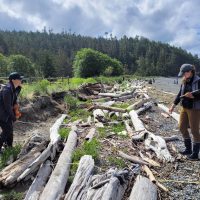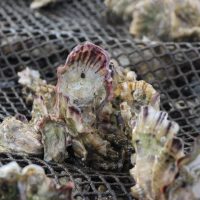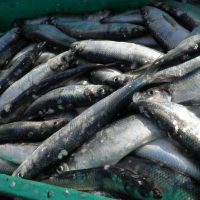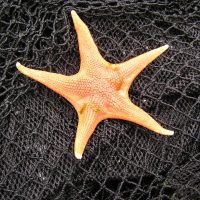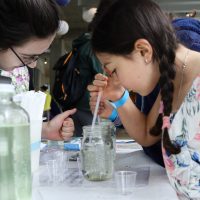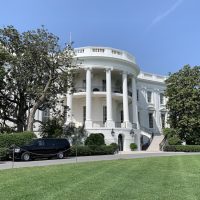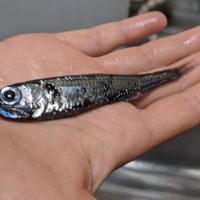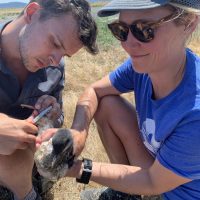Filter Results
Shoreline restoration: community science to monitor effectiveness
Jason Toft from the UW Wetland Ecosystem Team has been monitoring shoreline armor restoration in Puget Sound for over a decade at sites where artificial armor on beaches has been removed to facilitate the restoration of intertidal areas.
Shoreline armor, also known as seawalls and bulkheads, occurs on over 25% of Puget Sound’s shorelines and was historically installed along homes and infrastructure to address erosion risk.
Exploring the foraging ecology of crabs and fish in Washington’s aquaculture areas
Washington State is the leading aquaculture shellfish producer in the United States and shellfish aquaculture has been a culturally and economically important part of the Pacific Northwest landscape for thousands of years. As part of his thesis project, SAFS master’s student, Karl Veggerby, explored the foraging ecology of crabs and fish inside shellfish areas.
The aim? To quantify how shellfish farms are used as foraging habitat for common nearshore species of fishes and crabs compared to unfarmed eelgrass meadows and mudflats.
First Nationwide Assessment of Non-Federally Managed Fisheries in the U.S.
A new study produced by The Nature Conservancy (TNC) and the University of Washington (UW), with the lead researcher from SAFS, provides the first-ever nationwide assessment of non-federally managed fisheries in the United States.
Read moreTwo decades of change in sea star abundance in Puget Sound
Since 1991, students and faculty at UW’s School of Aquatic and Fishery Sciences have conducted bottom trawl surveys in Port Madison through the School’s Fisheries Ecology course, creating an experiential learning opportunity for students and collecting valuable long-term data on physical and ecological change at a subtidal site in Puget Sound. Fortuitously, this long-term sampling gave students the data needed to investigate an unprecedented mass mortality event.
Read moreBringing science to life at the UW Aquatic Sciences Open House
Another year, another fantastic day of bringing science to life at the UW Aquatic Sciences Open House. Featuring 30 booths, each with an interactive activity dedicated to specific research underway in the world of water, this year’s Open House welcomed more than 600 visitors.
Making aquatic science accessible to all is one of the driving forces behind the Open House. The event is hosted by the School of Aquatic and Fishery Sciences, which sits on the south campus of the University of Washington and just across from Portage Bay.
Read moreSAFS, salmon and science at the White House
A testament to the essential science and research happening in the UW SAFS Alaska Salmon Program, Professors Tom Quinn and Daniel Schindler were invited to a White House event on May 11, recognizing the EPA’s decision to halt the Pebble Mine project in Alaska’s Bristol Bay.
UW scientists have been working in Bristol Bay’s streams, rivers and lakes for over 75 years through the Fisheries Research Institute, with the current generation of SAFS faculty active for over three decades through the Alaska Salmon Program.
International presentation made possible with FINS award
We spoke with PhD student Helena McMonagle about her use of the FINS award to facilitate travel to a conference in Norway, where she presented her research abroad for the first time.
Why was this conference useful for you to attend?
The Effects of Climate Change on the World’s Ocean (ECCWO) is a conference that now takes place every few years in a different country.
Read moreGEODUC Team Receives College of Environment’s Outstanding Commitment to Diversity Award
Immersive fieldwork, a bridge program for community college students, a unique research opportunity – these are just some of the ways to describe the GEODUC program, whose team has been awarded the College of the Environment’s Outstanding Commitment to Diversity, Equity, Inclusion, Justice and Accessibility Award.
The GEODUC program – which welcomes transfer students each September into the UW marine geosciences – is led by José Guzmán, (Marine Biology and SAFS), Mikelle Nuwer (Oceanography), Kerry Naish (Marine Biology and SAFS), LuAnne Thompson (Oceanography), and Jane Dolliver (Dean’s Office, College of the Environment).
A cautionary tale: deep sea exploitation and five reasons to be careful
A team of scientists from around the world have joined together to call for a strong precautionary approach in extractive activities in the deep sea, as the science needed to evaluate risks lags far behind.
Joining scientists from Oregon State University, University of California Santa Cruz, National Institute of Water and Atmospheric Research in New Zealand and University of Bergen in Norway, Helena McMonagle from the School of Aquatic and Fishery Sciences (and a guest student at Woods Hole Oceanographic Institution) worked on the study published in Communications Earth & Environment.
Transform into a seabird ecologist at the SEAS Open House
Did you know that seabirds link the ocean and the land? They forage for food in the ocean and nest on the land, making them an important part of two very different ecosystems.
At the booth organized by the Converse and Gardner labs at the SEAS Open House, you will learn about seabirds and the methods we use to study them.
